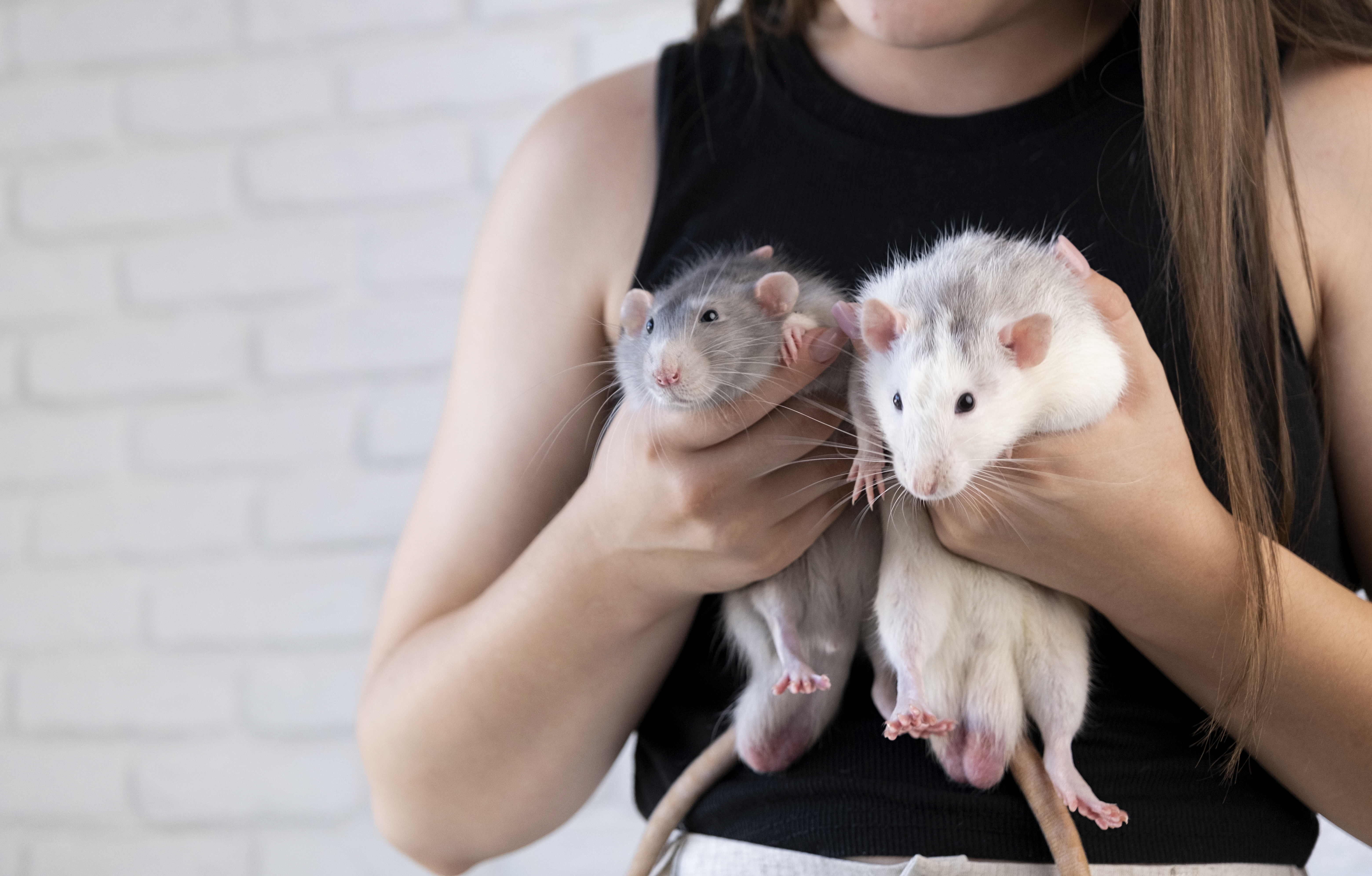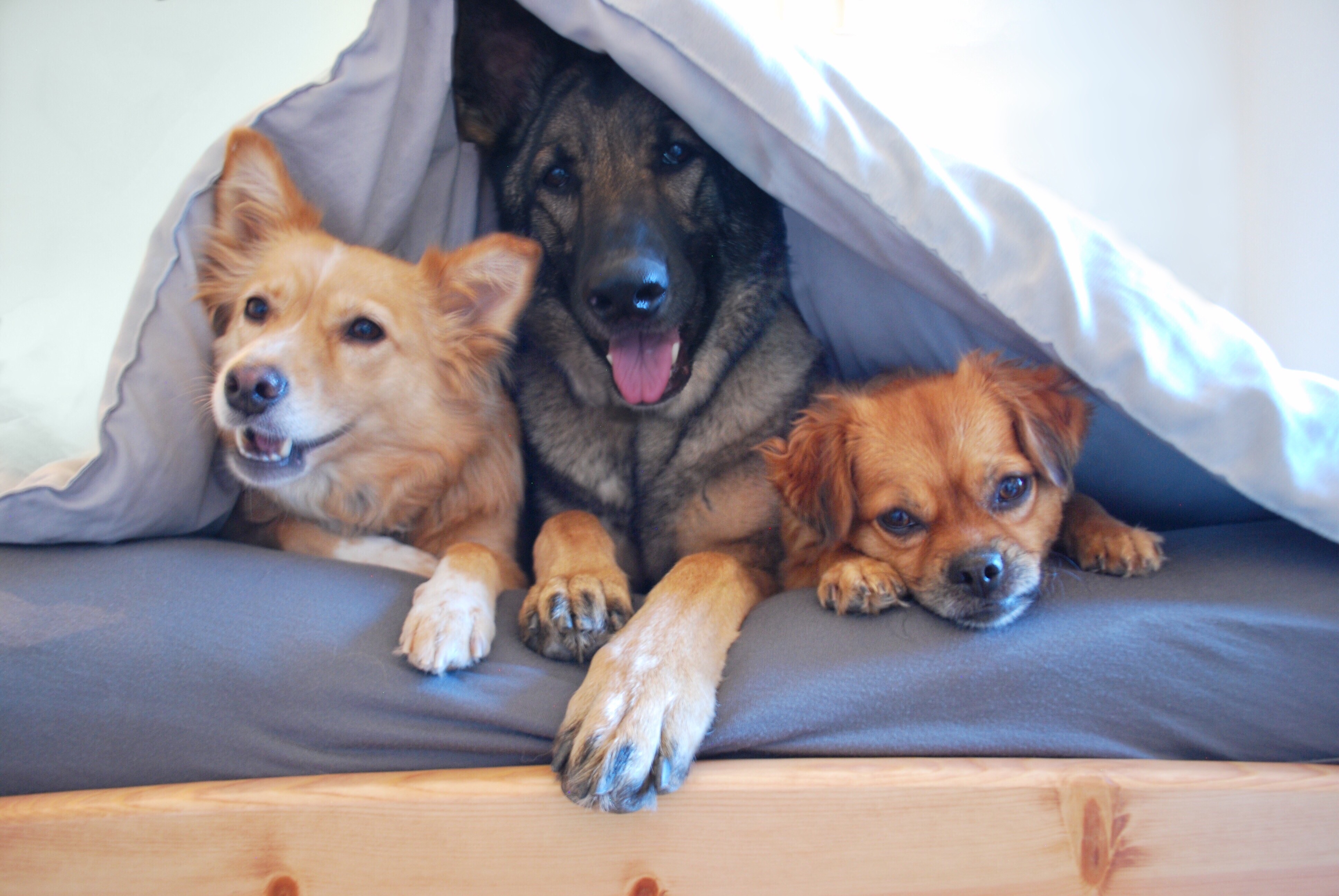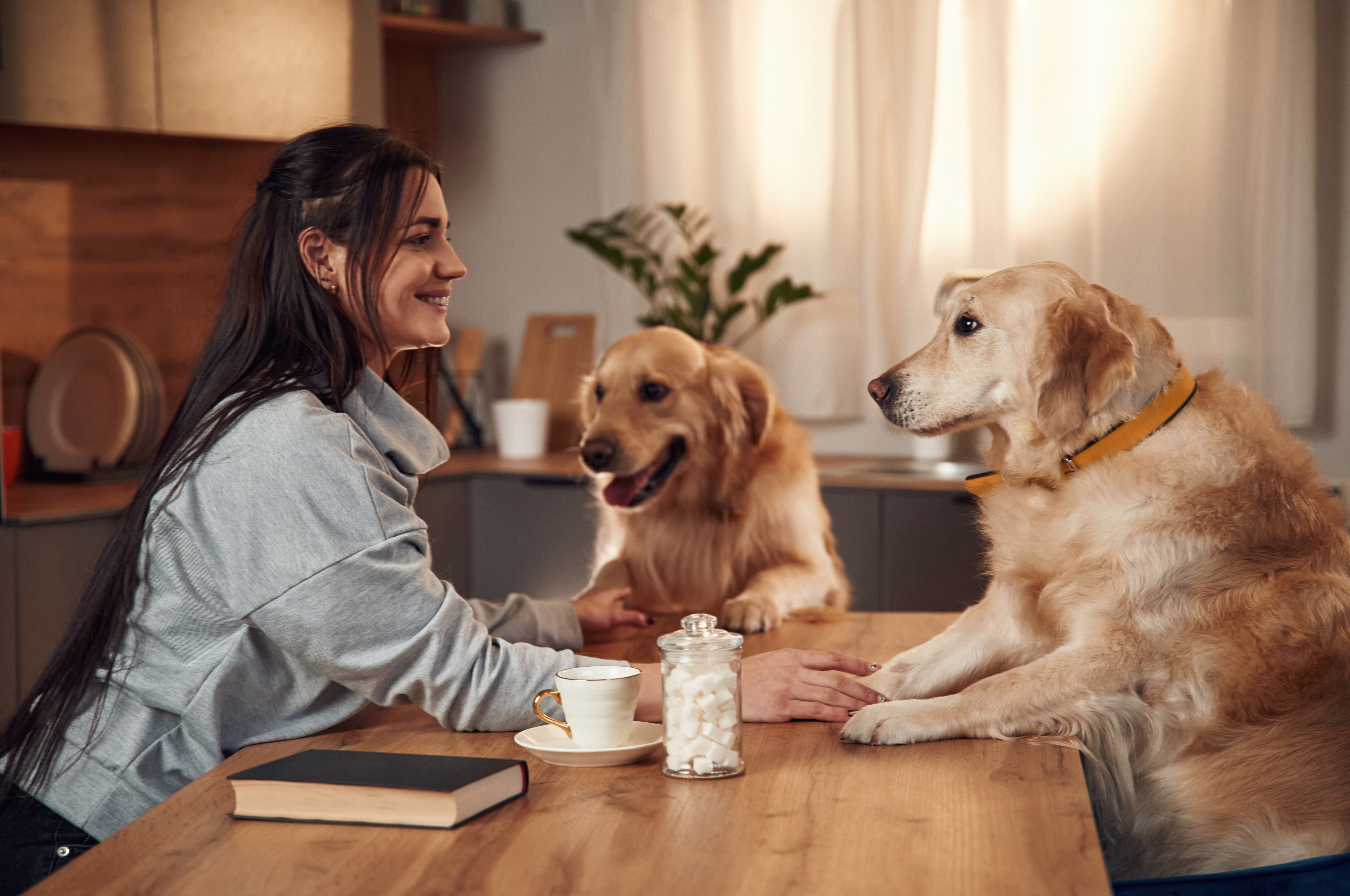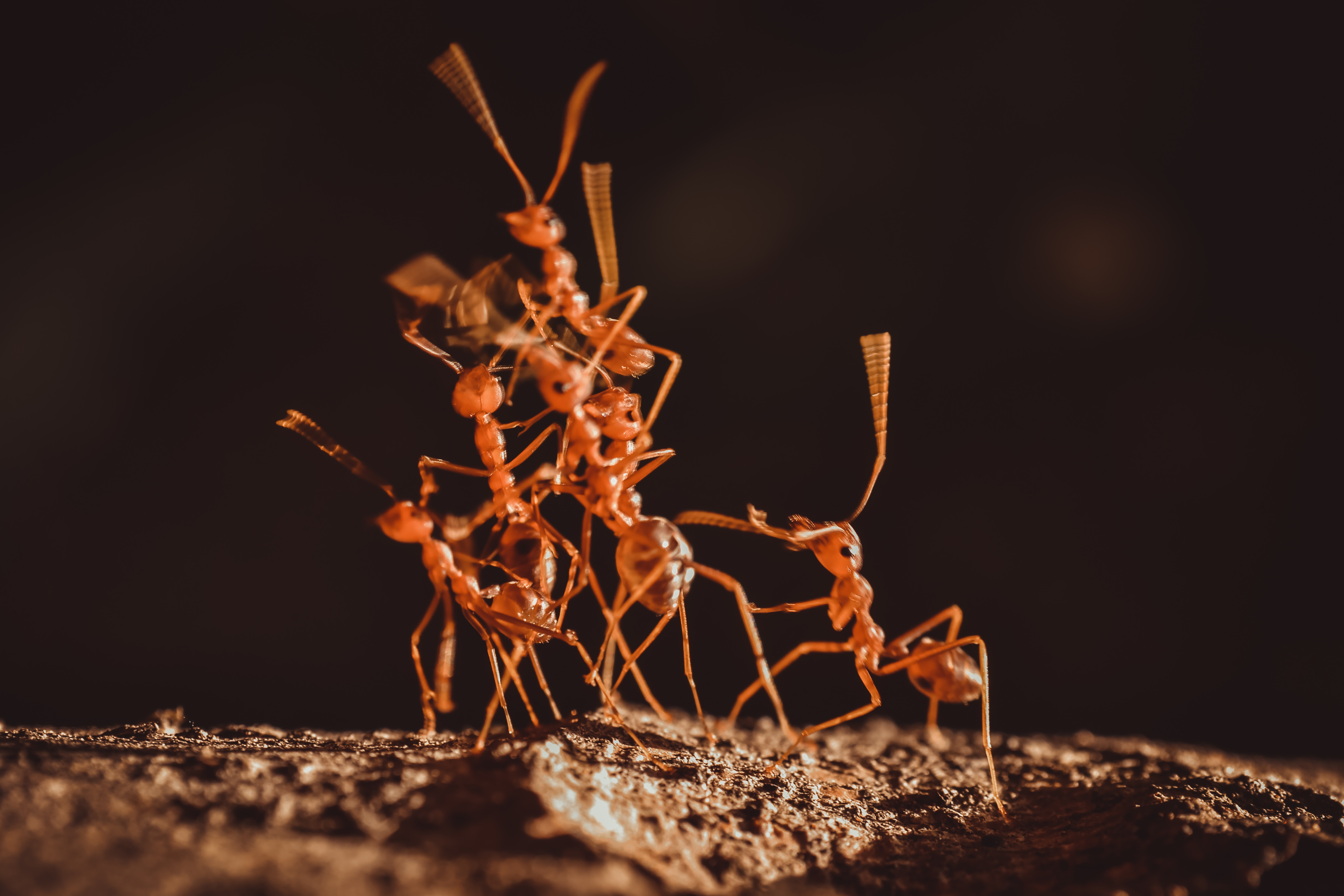10 Gross Reasons To Not Share Your Bed With Your Dog
Telling man’s best friend to sleep on the floor is difficult to do. Dogs are cute, affectionate and lovable but they can also carry germs, ticks, fleas and even bacterial infections that can be passed on to you. Your bedding also makes a perfect place for your dog to track fecal matter. Aside from the ones just mentioned, here are some more gross reasons why you may want to stick to your guns on this one and ban your pooch from the bed.
10. Shedding
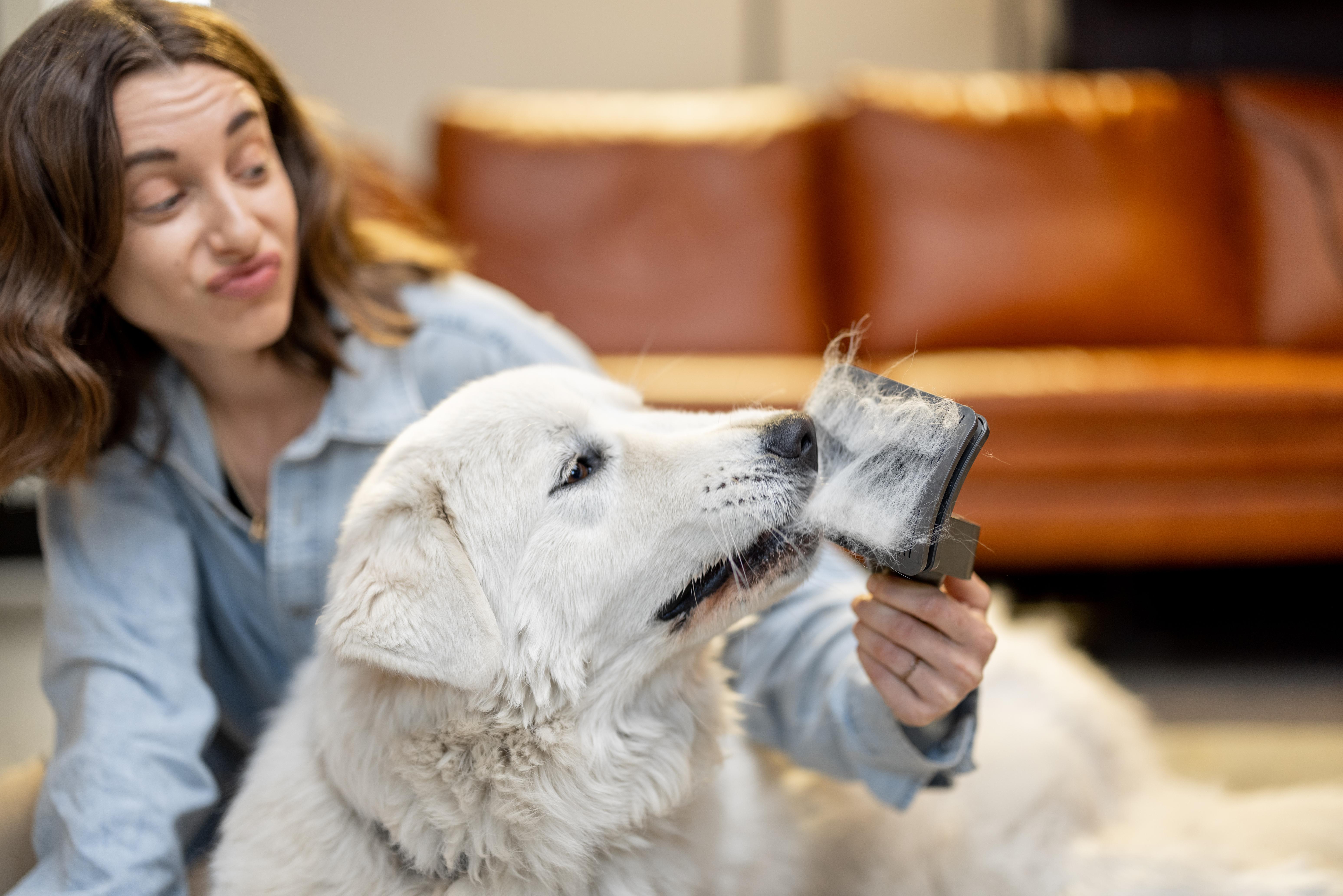
Even though they are cute, dogs can leave a trail of fur behind wherever they sleep. Their fur is not only confined to your bed. Think about where you keep your clothes. Chances are if your dresser is anywhere near your bed, you will be walking around covered in dog hair all day. Encourage your dog to sleep on its bed where they are free to shed on their own private mattress!
9. Allergy Attacks
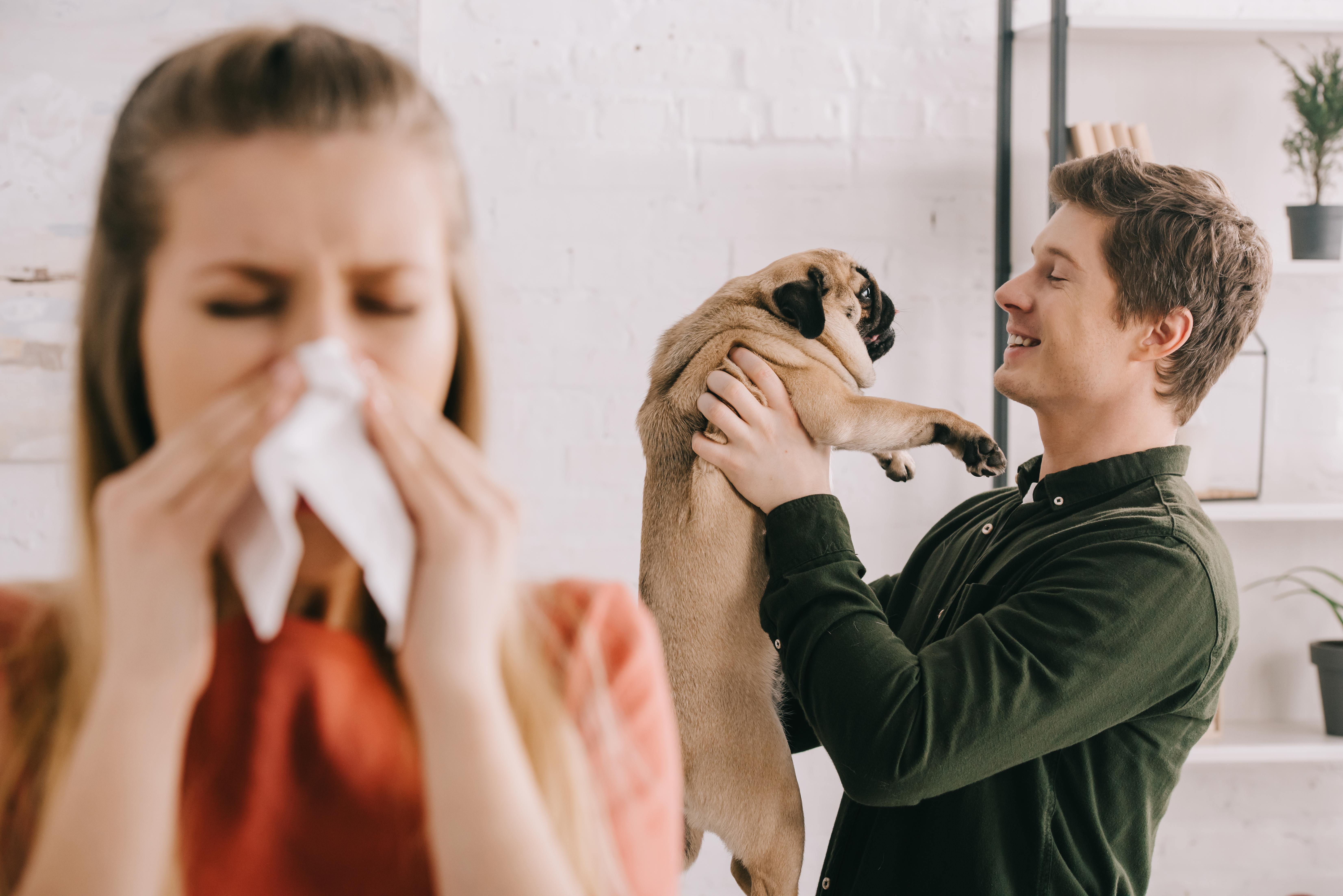
Even if you are not allergic to your dog, they can still carry all kinds of allergens. Dust and pollen easily stick to your dog’s fur when they are playing outside or even indoors. Inviting your dog on your bed with you is like rolling your sheets around in the same things that cause your allergies to act up. Investing in a quality air filter and keeping pets out of the bedroom is recommended by the Allergy and Asthma Foundation of America.
8. Bacterial Infections
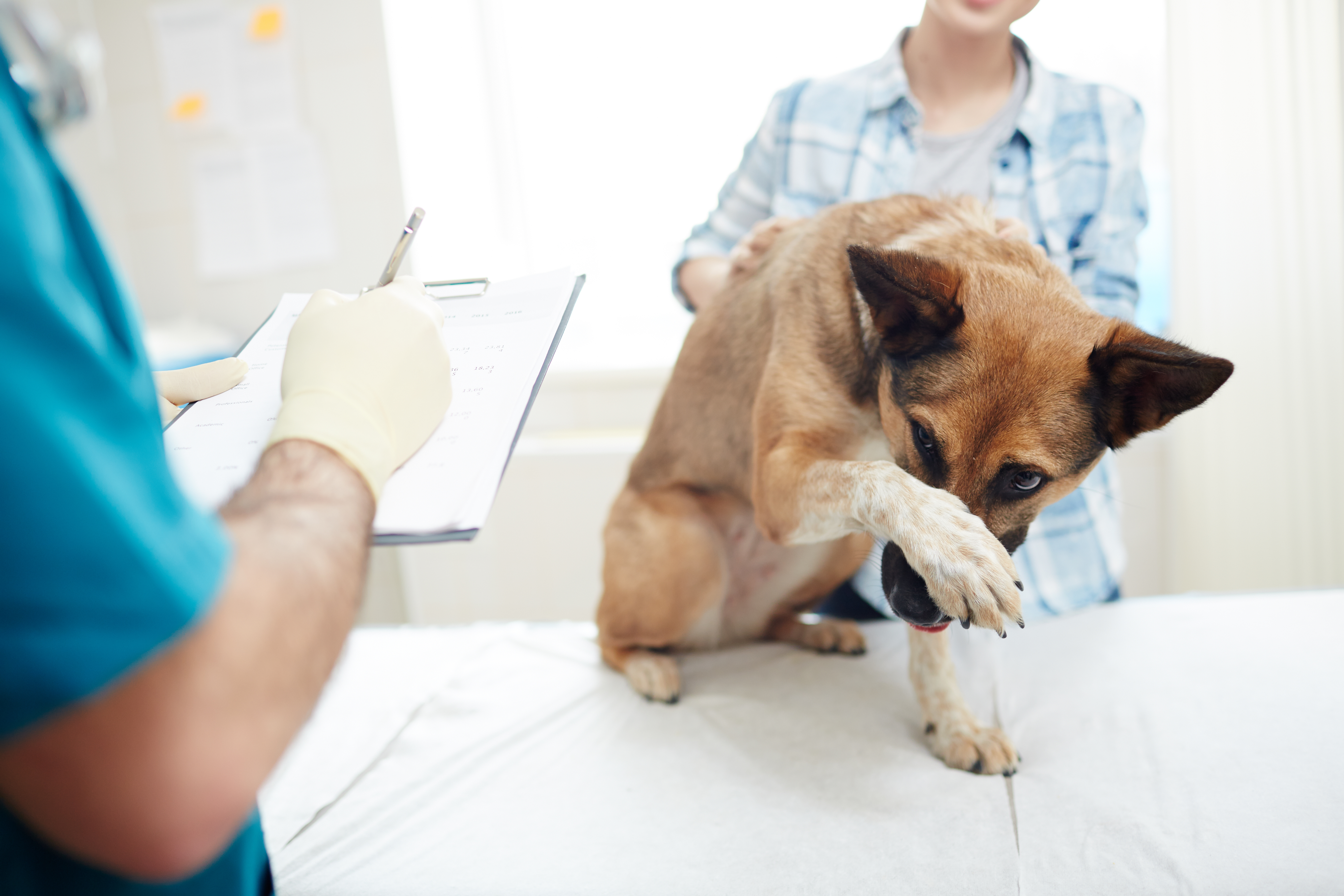
Your pet’s mouth and nose are not as clean as you would like to think. Sleeping with your dog may be more dangerous than sleeping with bedbugs, according to research. Dog’s mouths are full of bacteria that can infect humans, especially those with immature or impaired immune systems. Sleeping with your dog may put you in closer contact with the germs that reside in its mouth and nose, which has even been linked to contracting meningitis.
7. Fleas
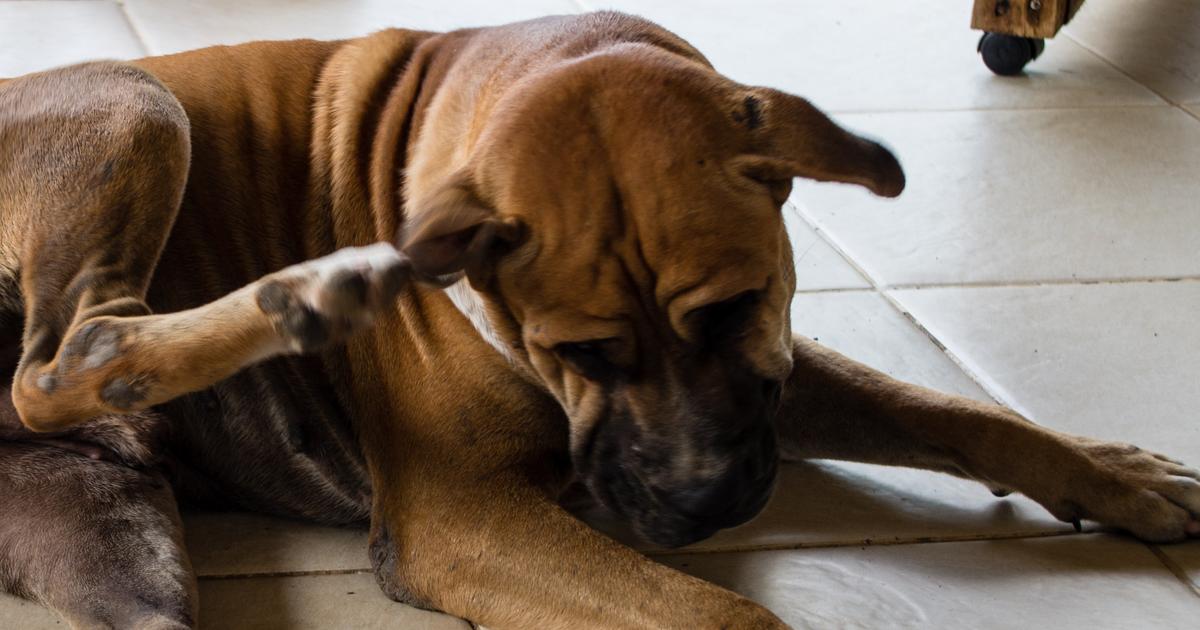
Sleeping with a dog that has fleas is the best way for you to contract them too. Fleas love to bounce around from host to host. Allowing your dog to sleep on your bed means there are at least eight hours every night where you and your pet are free to swap fleas. Fleas may also decide to make a home in your bed sheets, so even if your dog is not on your bed, you may still be contracting them. Now you know why you were scratching just after Fido left the bed this morning.
6. Mites
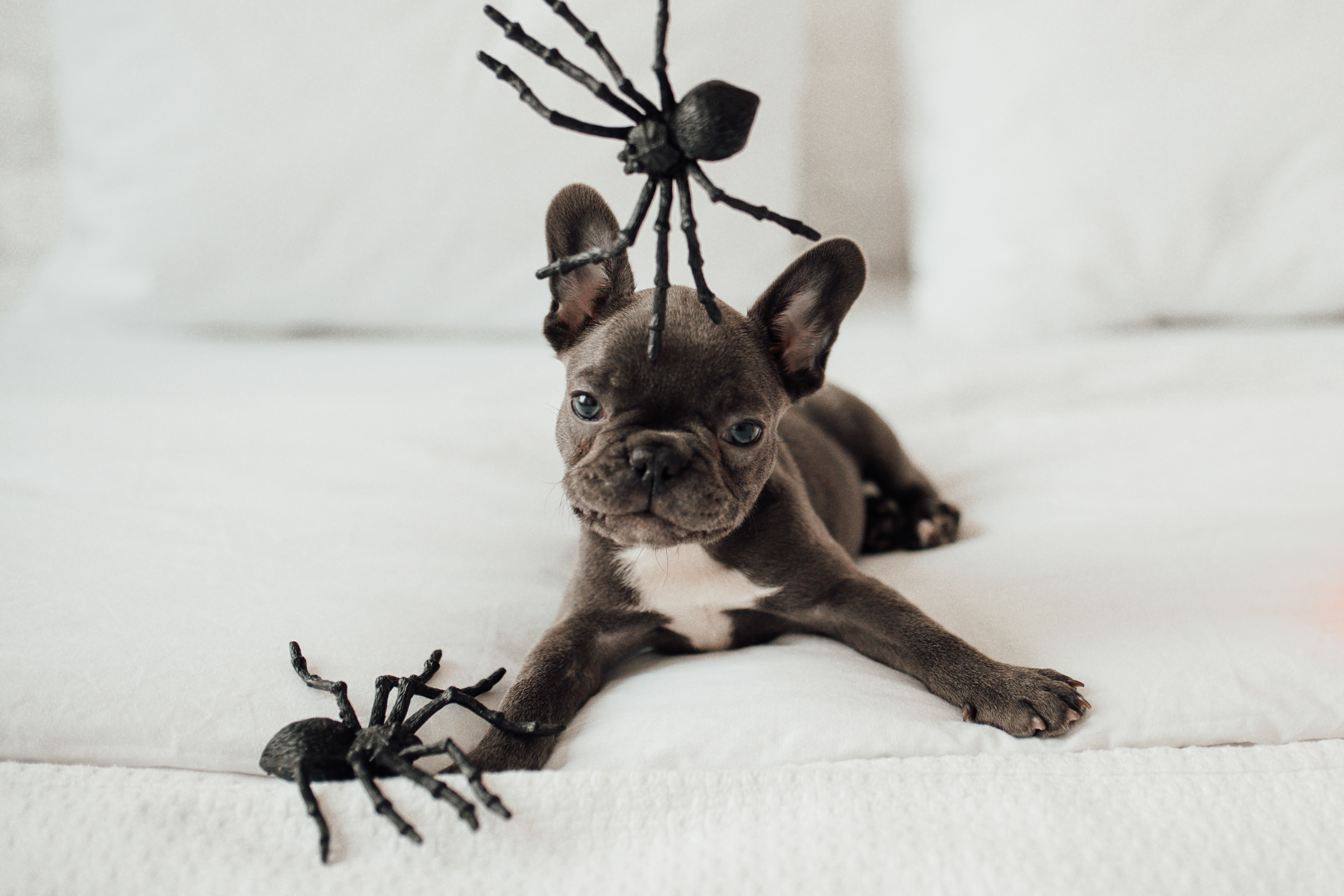
Mites belong to the same family as ticks. They love to prey on dogs and can even be passed on to humans. Scabies mites typically cause intense itching in humans for up to ten days. If your dog is infected, he or she could transfer those mites to your bed where they can lay eggs and become almost impossible to get rid of. Mites also hate the light, so they commonly come out at night while you are busy spooning with your dog.
5. Ticks
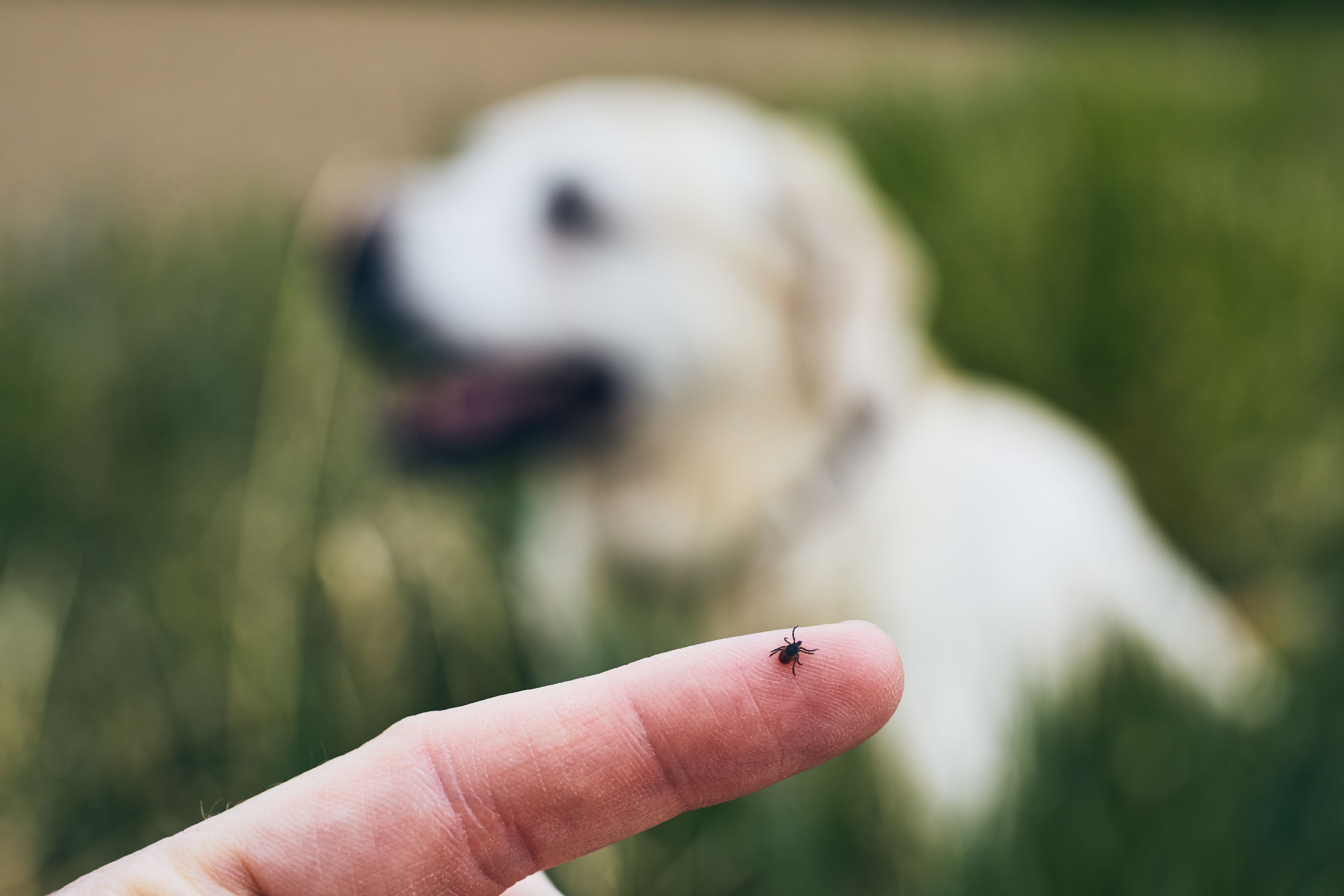
You can contract a tick from a long walk in the woods and so can your dog. The problem is even if you made it out of the woods just fine, a tick can hide out in your dog’s fur and attach itself to you while you sleep. Deer ticks can carry Lyme disease, which can be passed on to you if you contract a one. Symptoms of Lyme disease include a rash and flu-like symptoms.
4. Fecal Matter
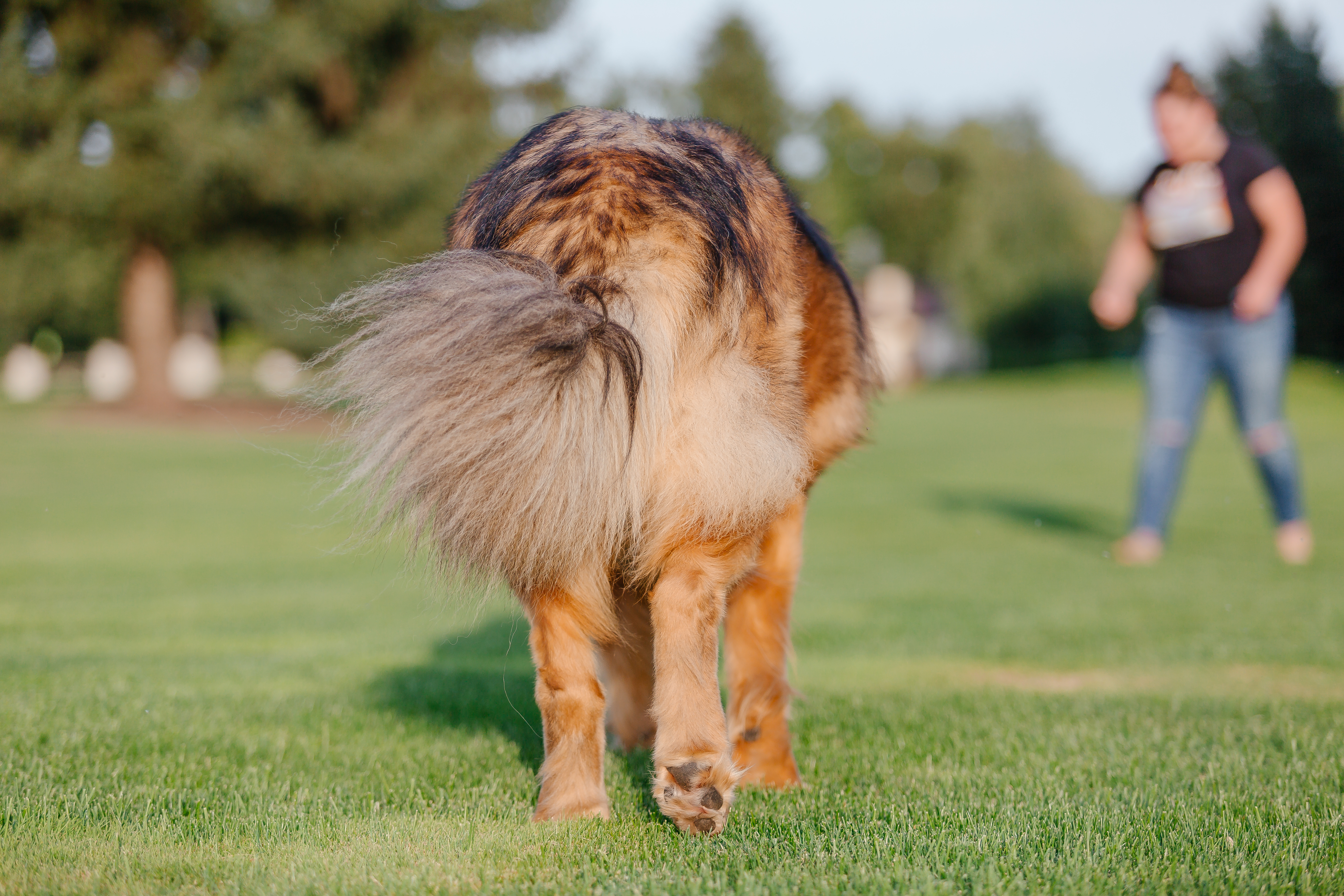
Dogs are not exactly the cleanest of animals. Some dogs may play with, step in or even eat their poop. When they trample in your house and head straight to your bed, they are tracking fecal matter along with them, which may attract parasites and bacteria such as salmonella and E. coli to your sheets. To make sure your dog doesn’t drag anything in from the outdoors, try wiping his or her paws with water and rubbing alcohol to kill any germs.
3. Staph Infections

MRSA, or methicillin-resistant Staphylococcus aureus, is a type of staph infection that can be transmitted from dogs to humans by sleeping together at night. While some forms of MRSA are most common in dogs and hard for people to catch, research shows there have been cases in which humans contracted the infection from their dogs by allowing their dog to sleep with them at night and by licking their face. Bedding is also a common area for the infection to manifest itself.
2. Parasites
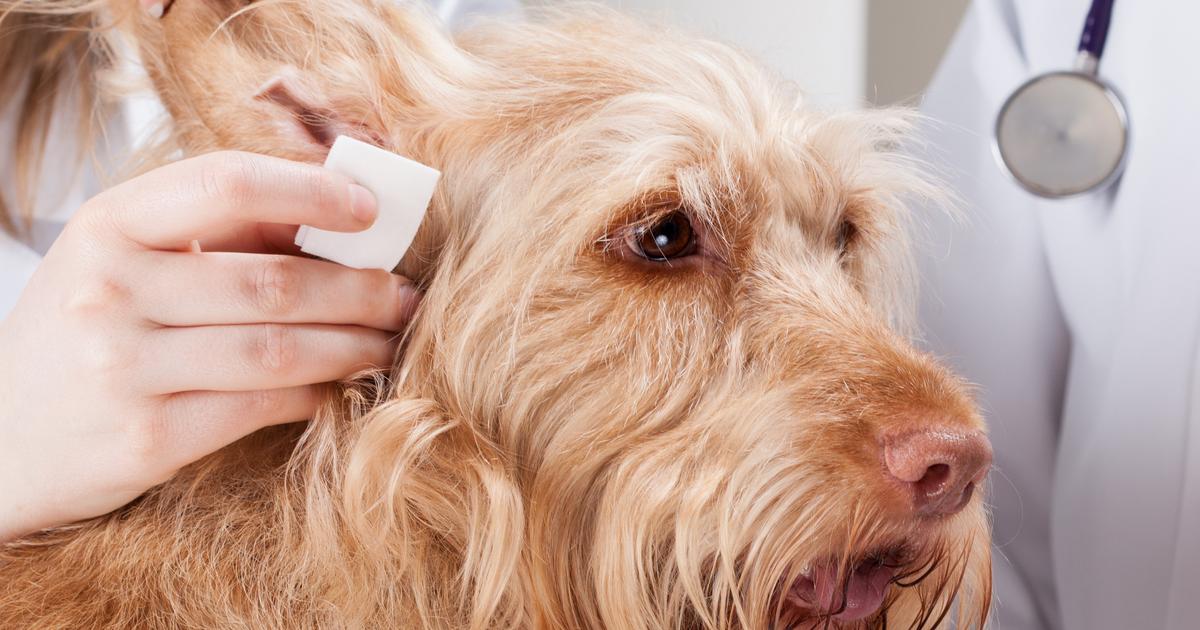
Roundworms, hookworms, and many other parasites are highly contagious. They are also very common in dogs who like to spend lots of time getting into things outdoors. Parasites like to lay their eggs in your pet’s fur, which can be transferred onto your sheets where they are free for you to roll around in. They can also linger in your dog’s water, feces or food, which are all things that are very quickly dragged into your bed at night.
1. The Plague
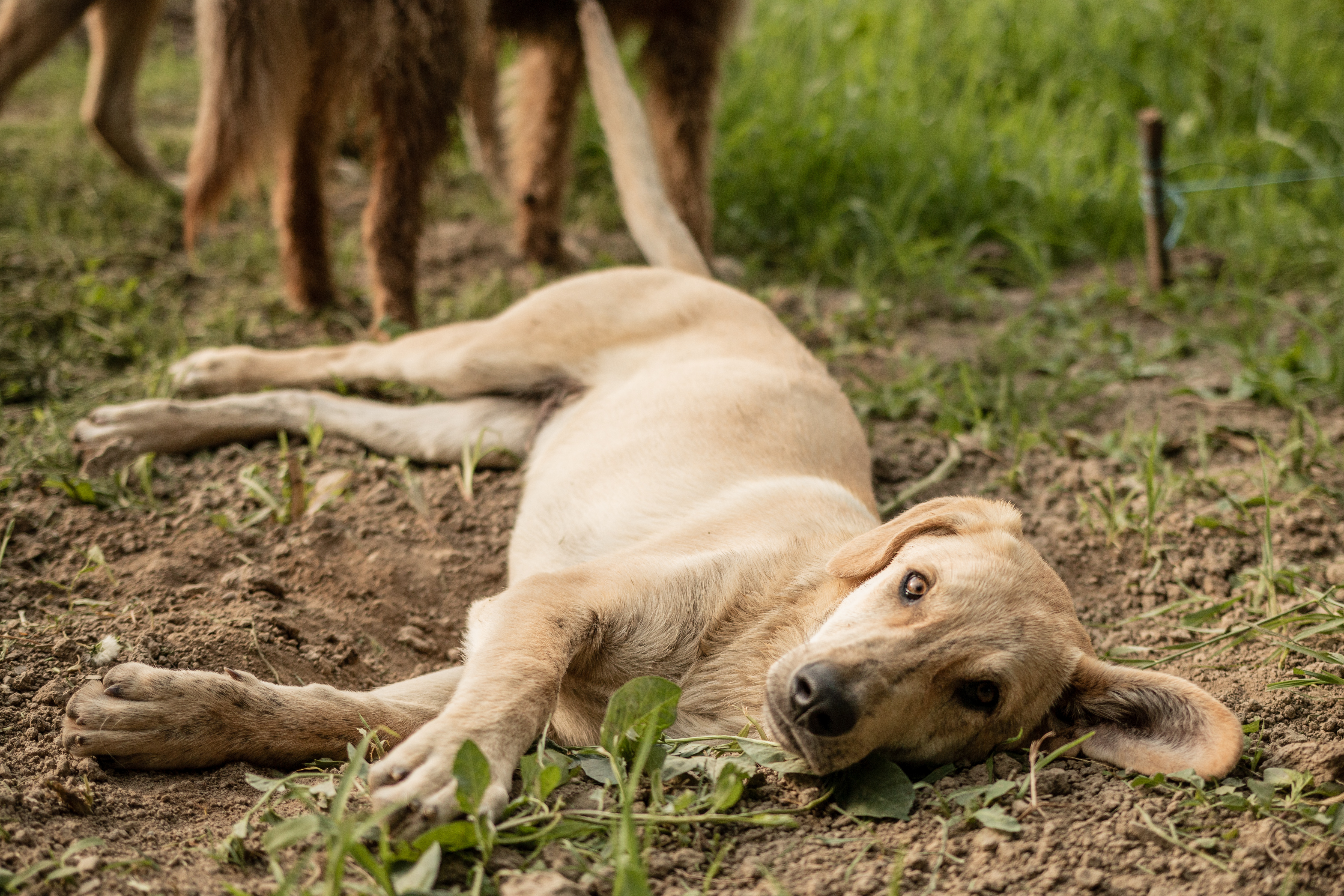
While your chance of catching the bubonic plague from your pet is not as great as it once was, there is still a possibility. One study indicated there were twenty-three human cases of the disease attributed to family cats between the years of 1977-1998 throughout eight different Western states. Dogs can also carry fleas associated with the disease even if they do not show signs of having the disease themselves. General handling, bites, and scratches are the best way to transfer the disease.


